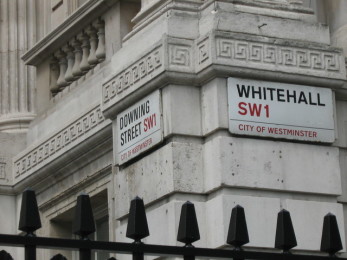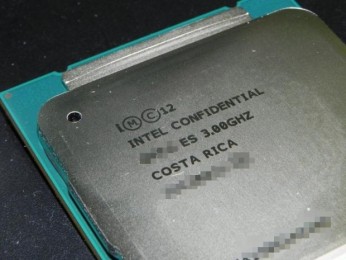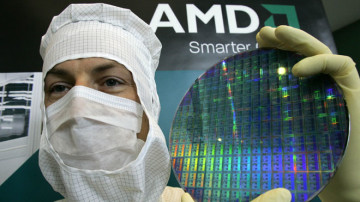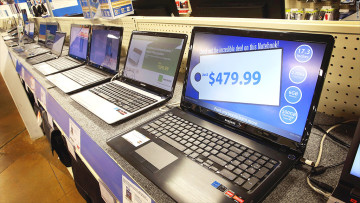 The Digital Markets Unit (DMU) will get statutory powers to enforce a “pro-competition” regime, under a new government plan.
The Digital Markets Unit (DMU) will get statutory powers to enforce a “pro-competition” regime, under a new government plan.
The goal will be to rebalance the relationship tech giants have with consumers and businesses and will allow the DMU to designate firms light Meta, Google, Amazon and Apple as having “strategic market status.” These firms will be forced to adhere to binding codes of conduct.
Failure to comply with the DMU and its rules could result in fines of up to 10 per cent of annual global turnover for tech companies, with additional penalties of five per cent of daily global turnover for each day the offence continues. Senior managers could face civil penalties if their firms fail to engage properly with the DMU’s requests for information.
















